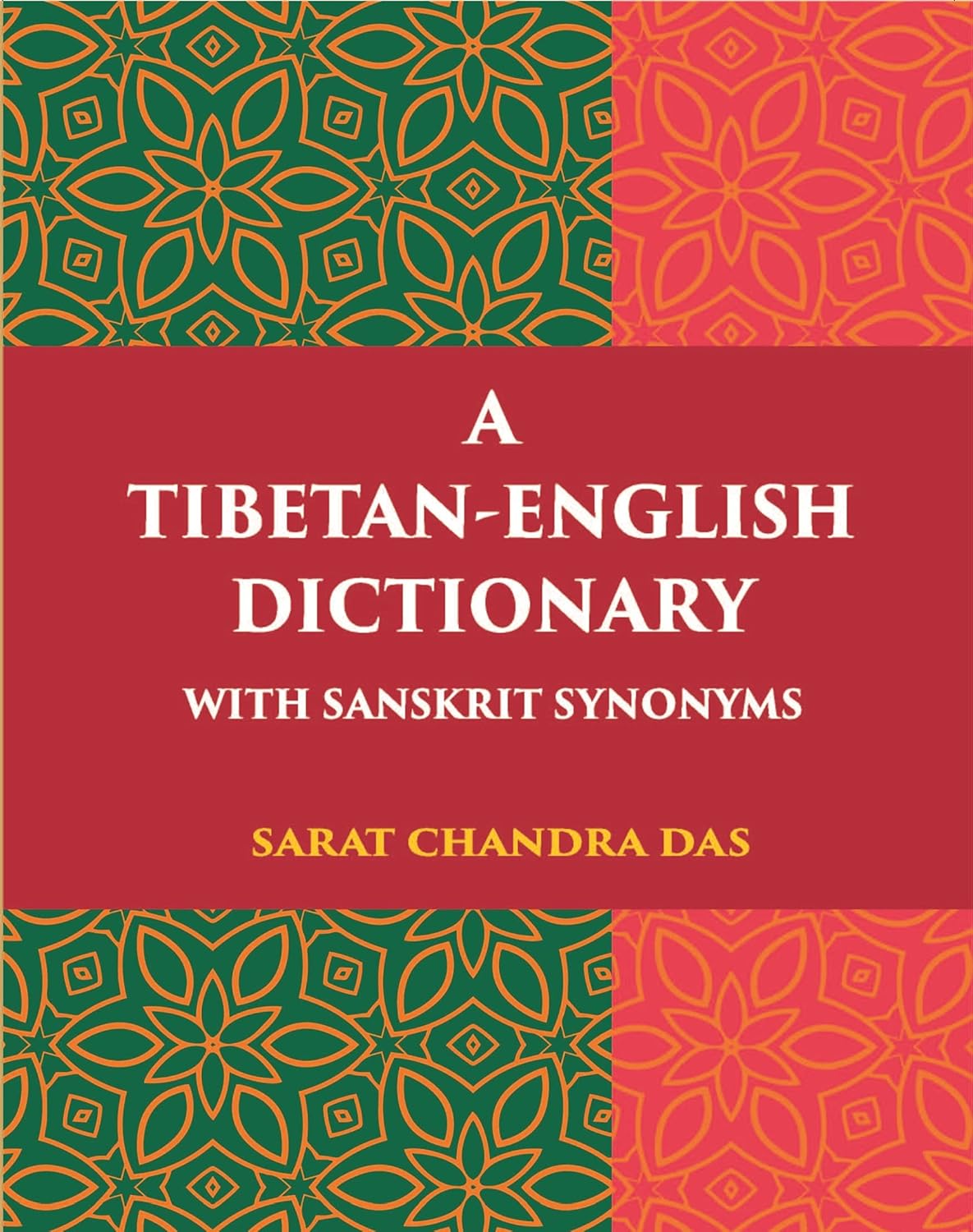A Tibetan-English Dictionary With Sanskrit Synonyms - PB
A Tibetan-English Dictionary With Sanskrit Synonyms - PB
Couldn't load pickup availability
About the Book :- Babu Sarat Chandra Das has brought with him four dictionaries of the classical Tibetan ; one of these being a well-known Tibetan Sanskrit Dictionary, compiled from a large number of named Tibetan as well as standard Sanskrit works, and dating from the 13th century A.D., and another being a Sanskrit-Tibetan Dictionary, which explains the Tantrik portion of the Buddhist Scriptures. The external arrangement of the dictionary will be as follows: The Tibetan words will be placed first in alphabetical order; next their accepted Sanskrit equivalents; next the English rendering of the Tibetan terms; then will follow what is to be a special and valuable feature of the new dictionary. The meaning of each technical term is to be illustrated by extracts, with exact references from Sanskrit-Buddhist and Tibetan works. Further, it is proposed that he should include in the dictionary words of modern Tibetan which were not known to Csoma or Jaschke. The materials which he has amassed during his two journeys to and residence in Tibet give him exceptional facilities for making the work complete. The book is very good for learners and students. About the Author :- Sarat Chandra Dash was an Indian scholar of Tibetan language and culture most noted for his two journeys to Tibet in 1879 and in 1881–1882. Born in Chittagong, eastern Bengal to a Bengali Hindu Vaidya-Brahmin family, he attended Presidency College, as a student of the University of Calcutta. In 1874 he was appointed headmaster of the Bhutia Boarding School at Darjeeling. In 1878, a Tibetan teacher, Lama Ugyen Gyatso arranged a passport for Sarat Chandra to go the monastery at Tashilhunpo. In June 1879, Das and Ugyen Gyatso left Darjeeling for the first of two journeys to Tibet.For a time, he worked as a spy for the British, accompanying Colman Macaulay on his 1884 expedition to Tibet to gather information on the Tibetans, Russians and Chinese. After he left Tibet, the reasons for his visit were discovered a
Share

